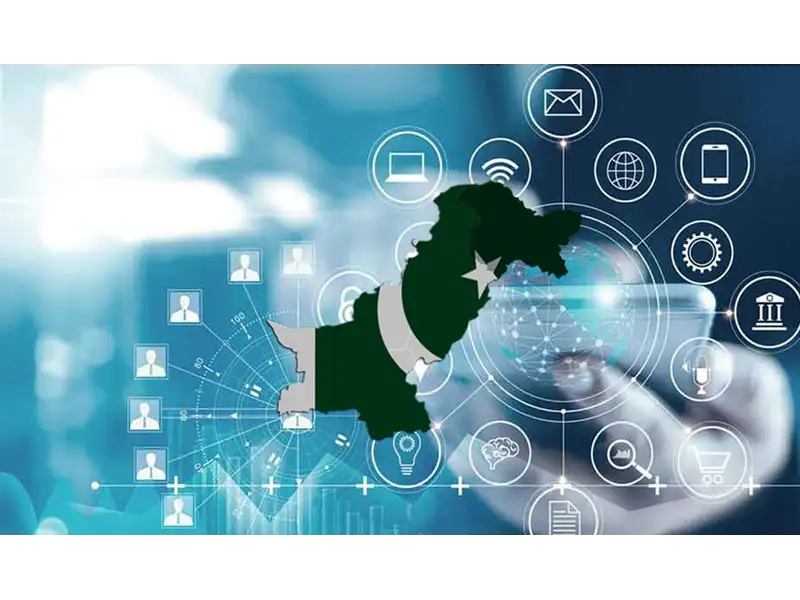
Pakistan’s job market is undergoing a significant transformation driven by the relentless force of information technology (IT). From bustling cities to remote villages, digitalization is impacting businesses and professions across the nation. This blog explores how IT is reshaping the future of work in Pakistan, highlighting both challenges and exciting opportunities.
A Landscape of Change:
- Automation and Efficiency: Repetitive tasks are increasingly being automated through software and robotics, leading to increased efficiency and productivity across various sectors like manufacturing, logistics, and customer service.
- The Rise of the Gig Economy: Online platforms are facilitating freelance work and project-based contracts, offering flexibility and new earning opportunities for a growing number of workers.
- Remote Work Revolution: Technological advancements are enabling a shift towards remote work arrangements, allowing professionals to work from anywhere with an internet connection.
- The Evolving Skillset: As technology advances, the demand for specific skills is changing. The focus is shifting towards critical thinking, problem-solving, adaptability, and digital literacy across various professions.
Opportunities and Challenges for Pakistani Workers:
Opportunities:
- Growth in New Industries: IT itself is generating new job opportunities in areas like software development, cybersecurity, data analysis, and artificial intelligence (AI).
- Upskilling and Reskilling: The need for adaptation presents an opportunity for existing professionals to develop new skills and stay relevant in the evolving job market.
- Increased Earning Potential: Specialized IT skills command premium salaries, offering better earning potential for individuals who acquire these skills.
- Improved Work-Life Balance: Flexible work arrangements facilitated by technology can help create a better balance between work and personal life.
Challenges:
- Job displacement: Automation may lead to job losses in certain sectors, requiring government and businesses to develop strategies for reskilling displaced workers.
- The Digital Divide: Unequal access to technology and digital literacy skills can exacerbate existing inequalities in the job market.
- Cybersecurity threats: Increased reliance on technology necessitates robust cybersecurity measures to protect sensitive data and mitigate cyberattacks.
- Ethical Considerations: As technology evolves, ethical questions regarding AI bias and data privacy need to be addressed to ensure responsible use of technology within the workforce.
Preparing for the Digital Future:
- Invest in Education and Training: Equipping future generations and current workers with the necessary IT skills is crucial for continued economic growth.
- Government Initiatives: Policy measures that promote digital inclusion, support innovation, and invest in cybersecurity infrastructure are essential.
- Adaptability and Lifelong Learning: The ever-changing technological landscape necessitates a culture of continuous learning and adaptation for both employers and employees.
Conclusion:
The digital revolution presents both challenges and an abundance of opportunities for the future of work in Pakistan. By embracing technological advancements, investing in skill development, and fostering a culture of innovation, Pakistan can leverage the power of IT to create a more robust and inclusive workforce for the years to come.


